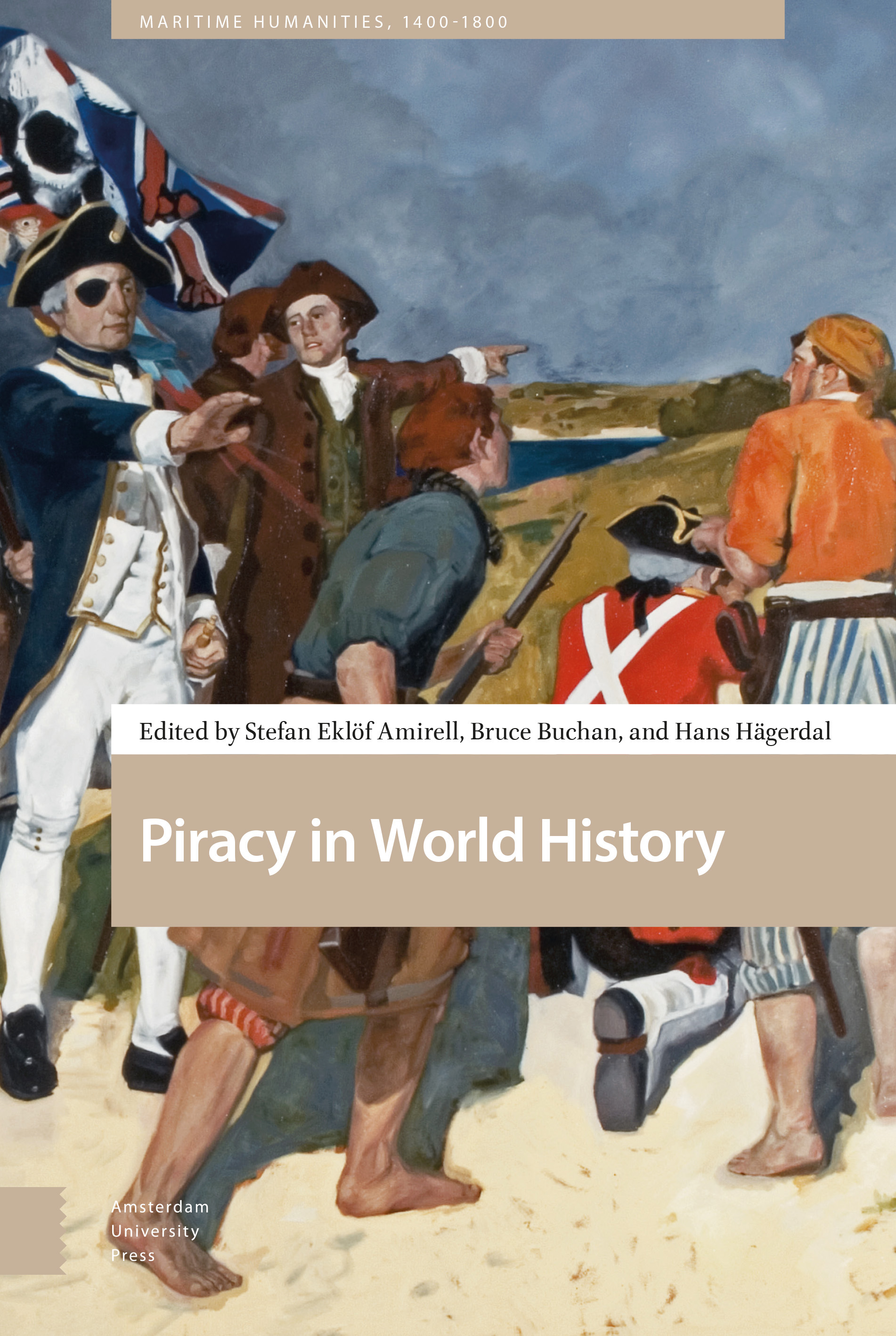Book contents
- Frontmatter
- Contents
- Acknowledgements
- 1 Introduction: Piracy in World History
- 2 “Publique Enemies to Mankind”: International Pirates as a Product of International Politics
- 3 All at Sea: Locke’s Tyrants and the Pyrates of Political Thought
- 4 The Colonial Origins of Theorizing Piracy’s Relation to Failed States
- 5 The Bugis-Makassar Seafarers: Pirates or Entrepreneurs?
- 6 Piracy in India’s Western Littoral: Reality and Representation
- 7 Holy Warriors, Rebels, and Thieves: Defining Maritime Violence in the Ottoman Mediterranean
- 8 Piracy, Empire, and Sovereignty in Late Imperial China
- 9 Persistent Piracy in Philippine Waters: Metropolitan Discourses about Chinese, Dutch, Japanese, and Moro Coastal Threats, 1570–1800
- 10 Sweden, Barbary Corsairs, and the Hostis Humani Generis: Justifying Piracy in European Political Thought
- 11 “Pirates of the Sea and the Land”: Concurrent Vietnamese and French Concepts of Piracy during the Second Half of the Nineteenth Century
- 12 Pirate Passages in Global History: Afterword
- Index
6 - Piracy in India’s Western Littoral: Reality and Representation
Published online by Cambridge University Press: 16 December 2021
- Frontmatter
- Contents
- Acknowledgements
- 1 Introduction: Piracy in World History
- 2 “Publique Enemies to Mankind”: International Pirates as a Product of International Politics
- 3 All at Sea: Locke’s Tyrants and the Pyrates of Political Thought
- 4 The Colonial Origins of Theorizing Piracy’s Relation to Failed States
- 5 The Bugis-Makassar Seafarers: Pirates or Entrepreneurs?
- 6 Piracy in India’s Western Littoral: Reality and Representation
- 7 Holy Warriors, Rebels, and Thieves: Defining Maritime Violence in the Ottoman Mediterranean
- 8 Piracy, Empire, and Sovereignty in Late Imperial China
- 9 Persistent Piracy in Philippine Waters: Metropolitan Discourses about Chinese, Dutch, Japanese, and Moro Coastal Threats, 1570–1800
- 10 Sweden, Barbary Corsairs, and the Hostis Humani Generis: Justifying Piracy in European Political Thought
- 11 “Pirates of the Sea and the Land”: Concurrent Vietnamese and French Concepts of Piracy during the Second Half of the Nineteenth Century
- 12 Pirate Passages in Global History: Afterword
- Index
Summary
Abstract
The chapter sets out to counter Eurocentric bias in depictions of maritime power and violence along India's western littoral during the period of British expansion in the late eighteenth and early nineteenth centuries. The author adapts analyses of legal pluralism in maritime spaces to explore the role of piracy in Indian conceptions of power and jurisdiction at sea. Piracy was a matter of contention among Indian and British governing authorities that drew both of them into efforts to understand the phenomenon as part of local histories and traditions. Despite the efforts of some to understand piracy in this context, the British ultimately portrayed maritime predation as an ethnographic marker of a “savagery” over which their sovereignty could be asserted.
Keywords: East India Company, South Asia, legal pluralism, Eurocentrism, sovereignty
The present chapter is an attempt to respond to recent attempts at questioning the Eurocentric bias in depictions of maritime power and violence in a period of European expansion. It takes its cue from new and significant work done on the idea of legal pluralism in maritime spaces, on non-European conceptions of power and jurisdiction at sea, and on the value of using piracy as a lens for understanding the articulation of sovereignty. As the title indicates, the chapter focuses on both the materiality of maritime violence and predation as well as of its representation in Asian and European sources to arrive at a more nuanced understanding of the phenomenon in the context of India's western littoral, conventionally understood as the “pirate coast” par excellence. It was a dubious and inglorious reputation for sure and not necessarily the sole construction of the British colonial state, although the latter's intervention as the policeman of the seas to protect free trade lent additional semantic and political overtones to the bundle of activities that came to be designated as piracy.
In keeping with the underlying rationale of the present volume, namely, to look at non-European understandings of maritime violence, this chapter will draw attention to three important sub-themes that constituted the phenomenon of predation and raiding, as it was pursued actively by littoral society, as it was described by the early colonial state and, subsequently, by imperialist and nationalist historiography.
- Type
- Chapter
- Information
- Piracy in World History , pp. 129 - 148Publisher: Amsterdam University PressPrint publication year: 2021

